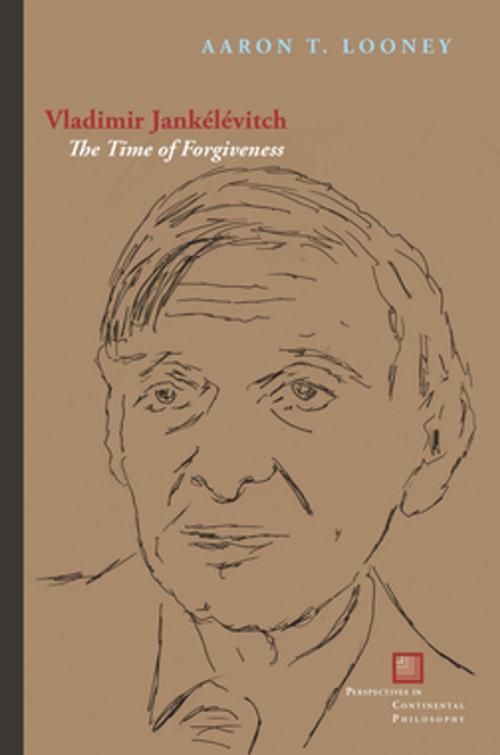Vladimir Jankélévitch
The Time of Forgiveness
Nonfiction, Religion & Spirituality, Philosophy, Ethics & Moral Philosophy| Author: | Aaron T. Looney | ISBN: | 9780823262977 |
| Publisher: | Fordham University Press | Publication: | April 23, 2015 |
| Imprint: | Fordham University Press | Language: | English |
| Author: | Aaron T. Looney |
| ISBN: | 9780823262977 |
| Publisher: | Fordham University Press |
| Publication: | April 23, 2015 |
| Imprint: | Fordham University Press |
| Language: | English |
Vladimir Jankélévitch: The Time of Forgiveness traces the reflections of the French philosopher and musicologist Vladimir Jankelevitch on the conditions and temporality of forgiveness in relation to creation, history, and memory. The author demonstrates the influence of Jewish and Christian thought on Jankelevitch’s philosophy and compares his ideas about the gift character of forgiveness, the role of retributive emotions in conceptions of justice, and the limits of reason with those of Aristotle, Butler, Kant, Kierkegaard, Nietzsche, Scheler, Arendt, Derrida, Levinas, and Ricoeur.
The Shoah was the pivotal historical event in Jankelevitch’s life. As this book shows, Jankelevitch’s question “Is forgiveness possible as a response to evil?” remains a potent philosophical conundrum today. Paradoxically, for Jankelevitch, evil is both the impetus and the obstacle to forgiveness.
Vladimir Jankélévitch: The Time of Forgiveness traces the reflections of the French philosopher and musicologist Vladimir Jankelevitch on the conditions and temporality of forgiveness in relation to creation, history, and memory. The author demonstrates the influence of Jewish and Christian thought on Jankelevitch’s philosophy and compares his ideas about the gift character of forgiveness, the role of retributive emotions in conceptions of justice, and the limits of reason with those of Aristotle, Butler, Kant, Kierkegaard, Nietzsche, Scheler, Arendt, Derrida, Levinas, and Ricoeur.
The Shoah was the pivotal historical event in Jankelevitch’s life. As this book shows, Jankelevitch’s question “Is forgiveness possible as a response to evil?” remains a potent philosophical conundrum today. Paradoxically, for Jankelevitch, evil is both the impetus and the obstacle to forgiveness.















